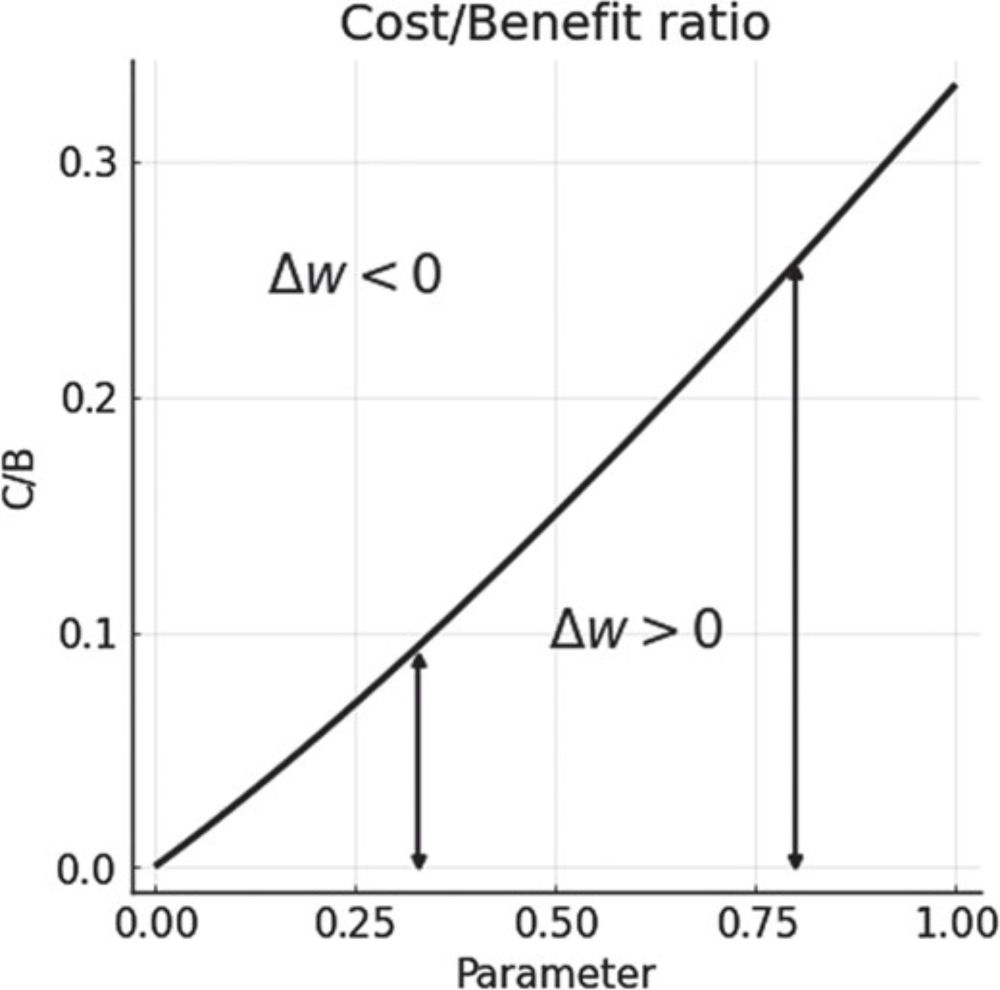"Evolution of redirected help with stepping-stone dispersal"!
"Evolution of redirected help with stepping-stone dispersal"!
! Title: Selective advantage of redirected helping in a viscous population: doi.org/10.1093/evol....

! Title: Selective advantage of redirected helping in a viscous population: doi.org/10.1093/evol....

